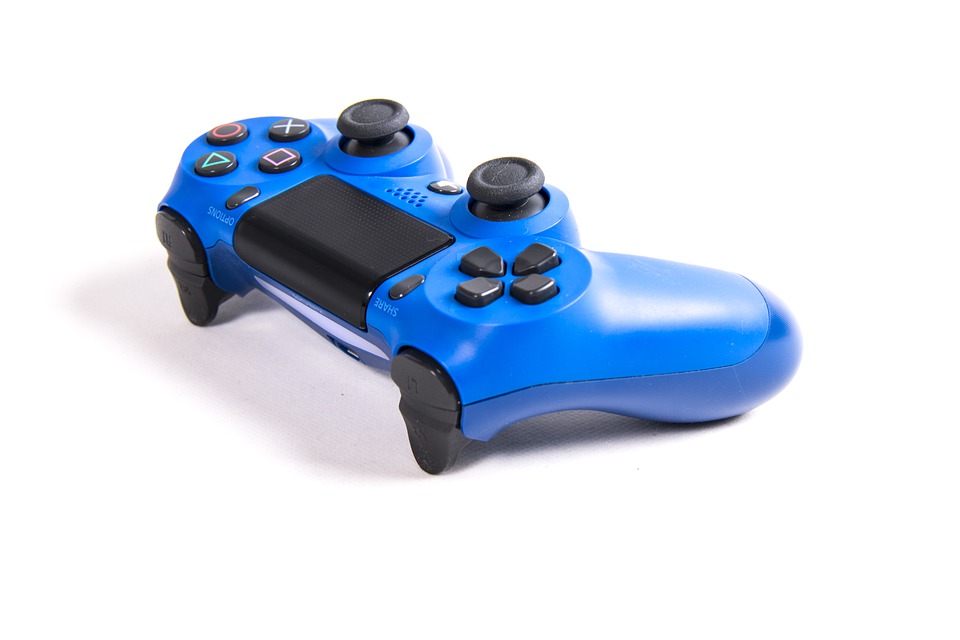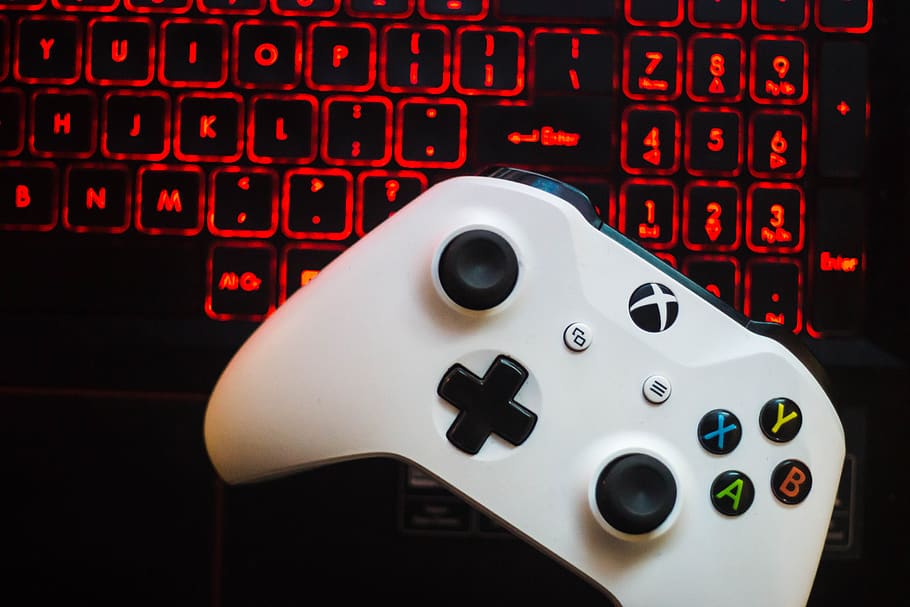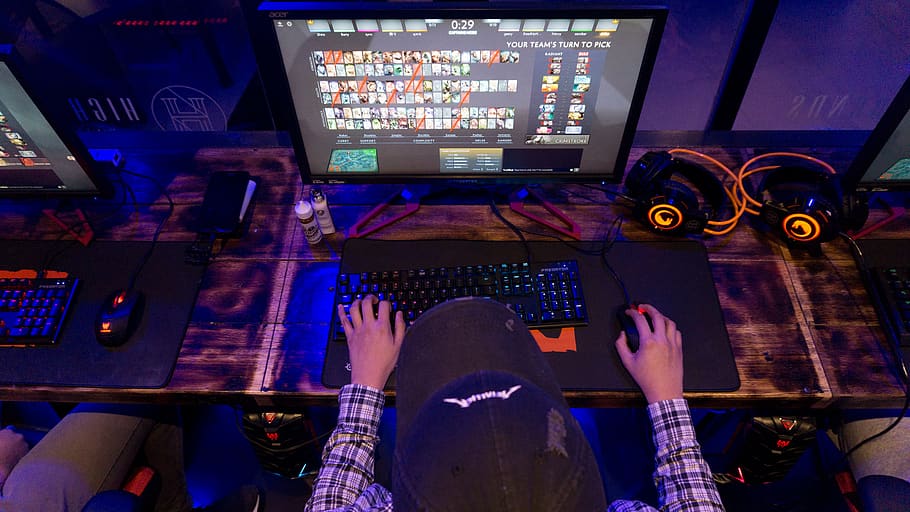Addiction to gaming is very easy to acquire. Often times, you may not even know you have one until you are already on the very deep end of it. Gaming addiction can wreak havoc on all aspects of a person’s life. Financially, physically, emotionally, socially – a gaming addiction can place barriers around you that nobody may be able to break through.
There are a few ways to know if you have gaming addiction. By knowing the signs, you can nip the addiction in the bud before it becomes worse. In addition, by seeing the signs you can do some changes in your lifestyle to avoid being addicted in the first place. The goal in preventing gaming addiction is not to eliminate games in your schedule entirely. The key is moderation. It sounds simple, but if your main hobby is playing, it can be a very difficult thing to manage.

Time Spent on the Game
If you ask people how many hours they play on a daily basis, you may get a very large spectrum of responses.
Some people play for an hour a day. Some on the other hand spend their entire afternoons playing their favorite video games. Hardcore players even spend upwards of twelve hours without taking breaks. The answer to this question varies, but it does not determine if someone is addicted or not. To see if someone is addicted, you have to see what they do not do during these hours of play. Are they neglecting personal hygiene in order to maximize their time playing a game? Are their living spaces an eyesore? Has their gaming hobby taken over to the point where other parts of their life (jobs, relationships, etc.) have taken a backseat?
Taking a look at one’s daily schedule should give some insight. Does the game revolve around managing your free time, or does the day revolve around playing the game?
Money Spent on the Game
Time is not the only thing you can give to a game. For online games, microtransactions dominate the landscape. These microtransactions offer virtual items such as equipment, currency, and abilities within the game – for a price. While they can range from a few cents to hundreds of dollars, microtransactions boil down to one thing: added expenses. Plenty of online games offer free-to-play deals. This means that you can pay them without purchasing a game or paying a subscription. Within the game however, the developers get their profit from microtransactions. Single purchases may not seem like it can make a dent on one’s bank account. Multiple ones over the course of a year can burn someone’s savings.
Plenty of online games offer microtransactions that make the game better, easier, or even more fun. Pay-to-win games take this to the next level. As the name suggests, the game encourages people to pay more to get ahead of the competition. This usually means better items, easier mechanics, and unobtainable gear.
The important thing to know here is when to stop. Without self-control, you can burn hundreds of dollars on these ‘small’ deals. Plenty of players bankrupted themselves trying to be ‘better’ in their game. Ask yourself this – if the fun does not start until you give them money, is it really fun at all?

Do they have Variety?
Variety in gaming can also help prevent full-blown addiction episodes. Playing different games, of different genres, of different difficulties can help keep your mind fresh. Playing the same game over and over can lead to one obsessing over it. A great way to do this is to have a few select games with you and cycle through them on a regular basis. Instead of playing World of Warcraft all day, all week long, intersperse your playtime with other non-RPG games to change it up. For those who spend a lot of time playing PVP games like League of Legends, perhaps a more relaxing, non-competitive game would suit your needs.
A change of pace can do wonders for the brain. If one keeps doing the same thing over and over, the mind becomes stale. One can easily pass hours, days, or even weeks without even noticing. Once you are stuck in a pattern, it can be very difficult to get out, as it requires an active form of change.
The Root of the Problem
Gaming addiction always has an underlying source. For the most part, it is a feeling of inadequacy in the real world. Underperforming in school or work, a lack of social life, the absence of significant relationships – all these can push people into feeling important somewhere else. The gaming world can be this platform for a person to feel special. Gaming addictions revolve around obsessing on a game to the point where nothing ‘in the real world’ seems to matter.
Seeking counseling can help resolve these underlying issues. Remember, gaming is a hobby, and at most a band-aid to avoid dealing with a larger problem at hand. At the end of the day, you have to return to the real world and deal with the issue. Gaming, just like any other distraction, is just that – a distraction that temporarily helps you avoid the issue.
Potential Solutions
To prevent gaming addiction from festering, a simple solution is to remove the game from the equation. Deleting the game from your system can help prevent this habit from worsening. Other times, that is not enough. It can be just as easy to reinstall a deleted game. For those who really want a ‘final nail’ against their habit, deleting accounts offers a final solution. With accounts deleted, all the progress you made, all games you purchased, all items inside, and even contacts all go away.
With it, going back is not as easy as clicking a few buttons. With the entire account removed, you have to start at the very bottom of the game again. There is a good chance when this happens, the interest fades away with the idea of doing everything all over again.
